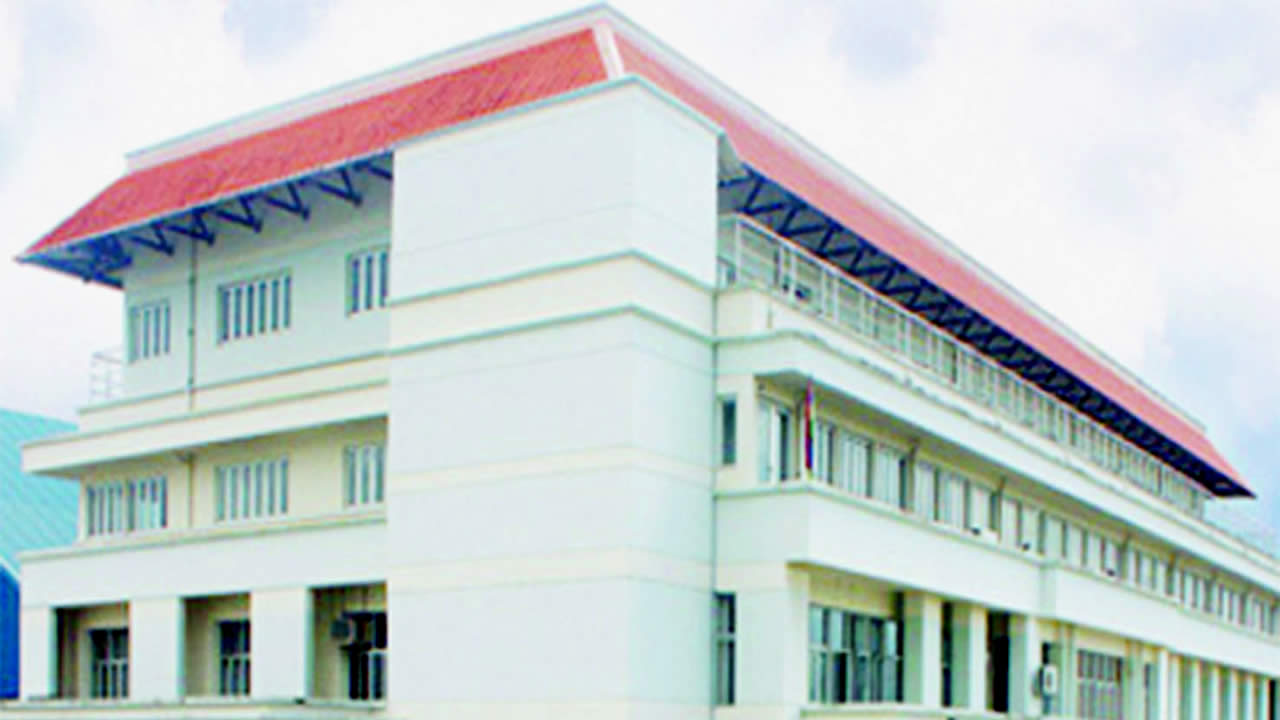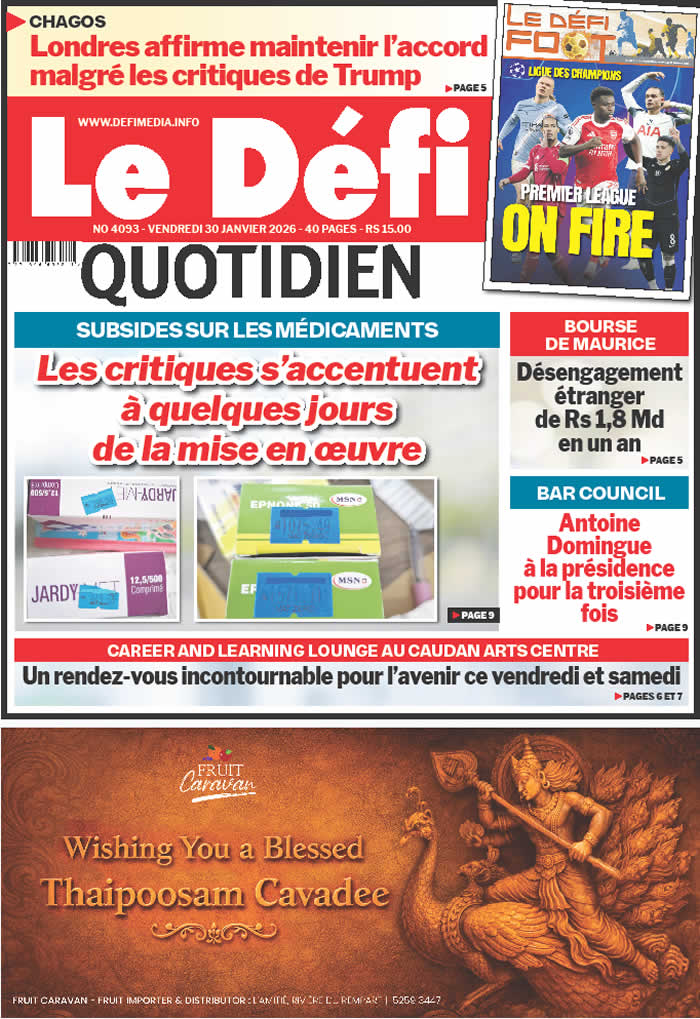
Tertiary Education Commission quality audits have been in the news recently, with people wanting to understand the process, the rationale and the objectives. Therefore, what are quality audits ?
ATertiary Education Commission (TEC) quality audit is an independent external evaluation of a higher education institution, with prime focuses on the systems, processes, strategies and policies. It further looks at resources for the quality management of its core functions, i.e. teaching and learning, research and community service, and the relevant academic and administrative support services. More specifically, the quality audit assess the capacity of an institution to effectively manage its academic activities that meet its vision and mission.
Quality audits have two different but connected aims. First, it makes public higher education institutions accountable for their responsibility to provide quality higher education. Second, it serves to facilitate and promote continuous quality improvement within an institution. Quality audit reports are made public on the TEC’s and the institution’s website such that external stakeholders have an informed view about how effectively an institution is performing.
Components
There are two essential components in a quality audit process. The first is the self-evaluation of the institution of its own quality assurance and enhancement activities which is submitted to TEC in the form of a Self-Evaluation Report (SER) or sometimes referred to as the Institutional Portfolio. Through the SER, the Institution is given the opportunity to help define the scope of the audit. Regulators around the world provide guidance on how to go about such an exercise. Similarly, the TEC Quality Audit Handbooks (2004 and 2010) provide guidelines for institutions to undertake their self-assessment and to assemble their portfolio in preparation for the external quality audit. It also deals with quality audit procedures that will form the basis for quality audits. The Quality Audit Handbooks is intended for use by both institutions and auditors.
The second key element is the external review carried out by an independent audit panel. This panel usually comprises five auditors, a mix of both national and international peers from academia, industry and professions, and includes a member from the regulator. Auditors are chosen on the basis of their expertise and recent experience to their relevant roles. The audit panels are constituted bearing in objective being to assess the internal quality management system of that institution. A quality audit mind the scope of the audit including the agreed themes and the Chairperson of the panel is usually one with high-level experience in quality assurance.
One of the responsibilities of the audit panel is to study the SER submitted by the institution and to check its completeness and accuracy. Interviews with academics, non-academic staff, students and other relevant stakeholders of the institution provide an opportunity for the panel members to clarify issues, check for completeness and accuracy of the portfolio, as well as potential discrepancies, and pursue lines of enquiry in greater detail. On the basis of interviews and cross-checking with original documents provided by the institution, the panel reaches conclusions through saturation and triangulation methods, ensuring that the findings are a true reflection of the state of affairs at the institution. The quality audit report will present the audit panel’s findings, including commendations about areas regarded as particularly effective and recommendations about areas where there are opportunities for improvement. At the end of the audit, the panel gives an oral feedback to the top management of the institution. Thereafter, normally within two months of the visit, the institution is given a copy of the draft report and in the event of factual discrepancies, only the report is accordingly amended. The final report is usually disseminated within a period of three months.
Once an audit is completed, the institution must ensure that all recommendations made by the report are implemented. The next audit will “close the loop” on recommendations from the previous cycle of audits by verifying the implementation of a sample of the recommendations. The regulator usually follows up on the progress made by each institution through regular meetings with individual institutions and through its Quality Assurance Committee.
Cycles
Quality audits in higher education institutions in Mauritius Professor Sid Nair, the Executive Director of the Tertiary Education Commission states that TEC, by virtue of its Act, is responsible to regulate the higher education sector in Mauritius, through the establishment of appropriate quality assurance processes sector-wide. This is in line with the international best practices and approaches adopted by quality assurance organisations to ensure quality of higher education.
Auditing of institutions in Mauritius is usually conducted over cycles of five years, as per international practice. TEC started the first quality audit cycles as from 2005. The first cycle adopted a fitness for purpose approach. The second cycle started as from 2012 using the same approach, but focused on themes which are proposed by the institution itself. Second cycle audits also involve the evaluation of the progress made by institutions in implementing the recommendations of the previous audits. Currently, we are in the third cycle audit phase for many of the public institutions. Newly established universities in Mauritius, namely Université des Mascareignes and the Open University of Mauritius, went through the first cycle audit process in 2017 and early 2018 respectively.
Professor Nair added that the new Quality Assurance Authority (QAA) coming into effect soon will take over the responsibility of quality audits and will expand the audit process to private providers.
 J'aime
J'aime














